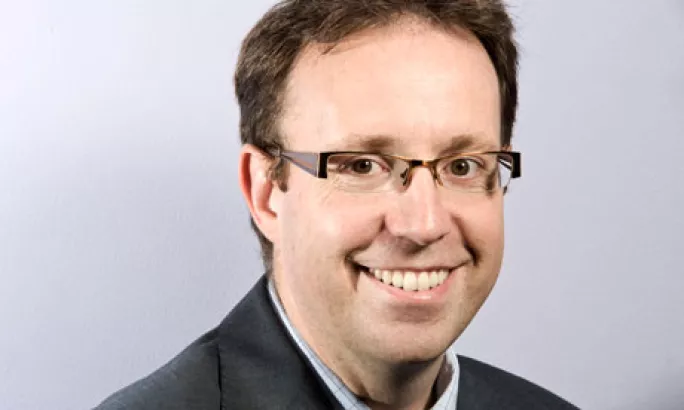‘Tristram Hunt’s oath idea makes teachers swear, but it should spark a worthwhile debate’
Russell Hobby, general secretary of NAHT, the heads’ union, writes:
Tristram Hunt floated the idea of a Hippocratic Oath for teachers at the weekend. It turned out to be a balloon made of lead as far as many in the profession were concerned.
The level of hostility seems odd, considering that just 24 hours later the Conservative Party announced they would seek sweeping powers for the “immediate” dismissal of heads, governors and staff.
Are teachers right to reject the idea of an oath that sums up their values? I can understand the antipathy but I think it risks missing something valuable.
The most obvious criticism is that such an oath would have little impact on the pressing problems the profession faces. Another concern is the imposition of a single set of values on teachers - although we should remember that the Hippocratic Oath is about the most minimal ethical position you can get. If teachers cannot agree to “do no harm”, then we face more serious problems. Of course, part of the difficulty is that it is far less obvious what is and isn’t harmful in education. We don’t even agree on a definition of harm: some people think firm discipline is good for students, for example, others think it damaging.
Perhaps the most telling criticism, however, is that once again it is politicians demanding something else of teachers, and perhaps implying that they are not ethical to begin with.
Yet, for all this, Tristram Hunt is working in the right territory. This is part of a series of announcements, like revalidation, which explore the idea of teacher professionalism. They may or may not be the right approaches, but professionalism really is the holy grail for teachers tired of political interference. And by this, I mean not the very real dedication, insight and skill that teachers already deploy every day in the privacy of their classrooms. No one can deny that teachers are already fully professional in that respect. I mean the public trappings and symbols of a profession that promote confidence, autonomy and respect. These are indeed intangible and subtle, slow to develop, but they are also powerful.
A profession is defined by knowledge and trust. Professionals know things (or can do things) that others don’t and therefore we are forced to trust them. Most of the other elements of professionalism flow from this. Training and certification are part of this knowledge/trust axis - which is why qualified teacher status does matter. A code of ethics is another part. Once again, this is not about the individual ethics of teachers, which are as high as any other occupation, but a public statement of them as part of shaping the relationship between profession and public.
More than many professions, teachers have been refused trust by their government. They are trapped in a tangle of regulation, structure and organisation. They are not really free to do as they wish. So perhaps, when we talk about oaths, we are looking at the wrong legal model. Perhaps we should be talking about an agreement instead; something that asks as much of government while also celebrating the impact and potential of teachers. This would avoid the sense of another set of demands and criticism.
The basic proposition is this: “If you create a great place to work, you can expect a great deal from those who work in schools.” There is plenty of room for disagreement in that statement, but it seems to have potential for a constructive debate between equals.
As it happens, we do have an “agreement” we prepared earlier. For the last few months, NAHT has been rolling out our Leadership Compact, with a dozen employers signed up so far, covering thousands of staff.
The Compact sets out a series of mutual expectations to help those who work in schools do great things. It is demanding of headteachers. It says they should welcome accountability, they should be transparent in their actions, they should make decisions based on evidence. They should put pupils interests first and create good places for staff to work. In return, it suggests they are entitled to training, to up-to-date information, to fair and honest feedback on their performance in sufficient time to do something about it. Little things like that. Where we have implemented it, it feels good: pragmatic but also positive.
For all its distance from day-to-day concerns, this debate matters. It is in a public institutional professionalism that teachers can see their private and personal dedication celebrated and can find their own destiny and crowd out political interference. Such professionalism cannot really be given - that’s why Tristram’s efforts struck a difficult chord - it must be claimed. We don’t have to wait, we can start now.
Keep reading for just £1 per month
You've reached your limit of free articles this month. Subscribe for £1 per month for three months and get:
- Unlimited access to all Tes magazine content
- Exclusive subscriber-only stories
- Award-winning email newsletters




